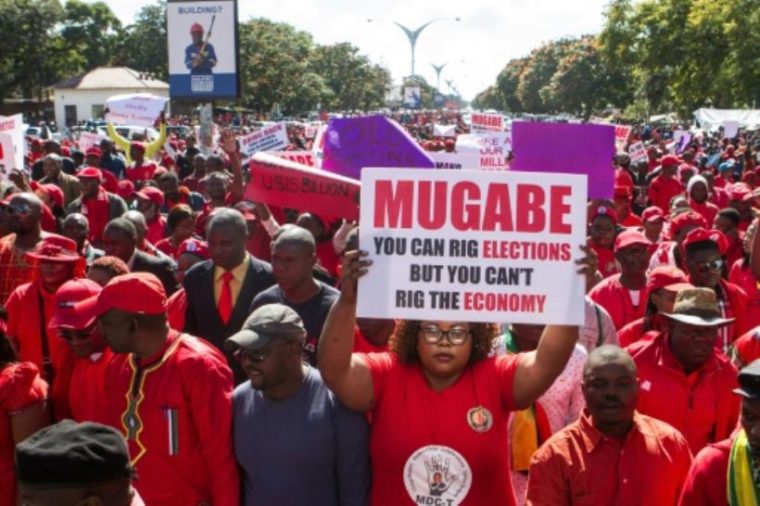Zimbabwe is seen returning to positive economic activity in 2017 on improved agricultural performance but fiscal pressures remain, a leading research company has said.
The southern African country expects to harvest 2.2 million tonnes of maize this year, just a year after a devastating drought left more than 4 million of its people in need of food aid.
Zimbabwe has forecast the economy to grow by 3.7 percent in 2017 as a result.
In its country risk report on Zimbabwe, BMI, a member of the Fitch Group, said growth will remain low on the back of constrained monetary and fiscal policy.
“Increasing agricultural output will offer a modest boost to government revenues in Zimbabwe over 2017. However, the country’s fiscal position will remain constrained by limited recourse to credit and the government’s need to finance election spending and security during what will likely be a period of social unrest,” said BMI.
Zimbabwe’s current account deficit will remain stable in the short term as pent up import demand and assistance from the African Export-Import Bank offsets the increase in export revenues that will follow stronger tobacco harvests.
The country’s external position, however, remains highly exposed to the government’s ongoing efforts to alleviate a cash shortage through localised bond notes, with a high risk of an external shock as the economy moves away from dependence on the US dollar.
BMI said despite pressure to relieve the domestic liquidity squeeze will remain substantial. Central bank governor last week said talks were ongoing to increase the Afeximbank facility to allow for the printing of more bond notes.
“While the introduction of a new Zimbabwean sovereign currency is likely at some point, the economic and political risks of doing so lay firmly to the downside, and for now, the government will respond to domestic liquidity problems by issuing more bond notes,” said BMI.
The growing challenges to the ruling administration’s authority will increase the likelihood of some form of power-sharing agreement following the 2018 general elections. Even so, meaningful reforms are unlikely while President Robert Mugabe remains in office meaning much of the current status quo will continue as long as he is alive, it added.
BMI also noted that Mugabe’s succession risks turning violent if plans are not in place prior to his departure, as competing vested interests struggle to fill the power vacuum left in his wake.-The Source
(199 VIEWS)
